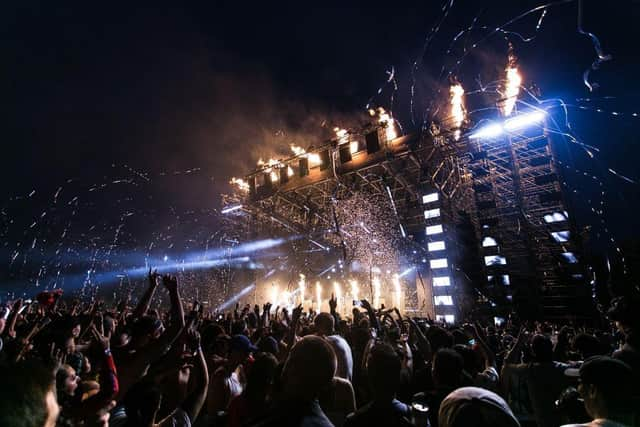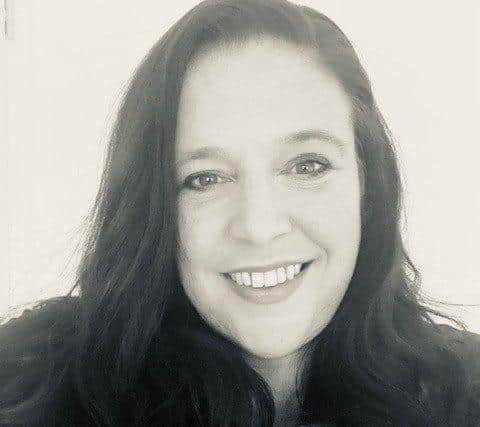Researcher asking how you rescue your event from disaster
and live on Freeview channel 276
Claire Drakeley is a senior lecturer in Events Management at the UON and part way through a PhD in which she explores how critical decisions are made as events are taking place.
She is now asking event professionals to complete a 25min survey in which she presents different scenarios and asks survey participants how they would react to them.
Advertisement
Hide AdAdvertisement
Hide AdClaire said: “We’ve all been there, organising a party or a gathering, and then you worry whether people are going to turn up, whether they will have fun, or whether your event will work.


“But what if you’ve organised an event for 5,000 ticket holders, and then your audio-visual contractor doesn’t turn-up, there are major technical issues or the weather turns your venue into chaos?
“There’s a good chance you’ve been to an event where there have been major issues behind the scenes, but did you notice anything?
“These scenarios playout all the time, often combining to make it even more challenging, and it is usually up to the experience and knowledge of the Event Management Team to solve the problem before anyone notices.
Advertisement
Hide AdAdvertisement
Hide Ad“I hope this research will end up as a decision-making tool for new, and experienced event managers, which will help bring calm to the chaos and enable them make better decisions when faced with these complex situations.”


This is the first phase of Claire’s research and ahead of the next stage she is inviting survey participants to be part of an expert panel process with three rounds of online input over a four month period to record their feedback on the research and its findings.
The survey includes an invitation to participate in further research activity and to add an email address if they would like to receive the results of the research when it is completed next year.
If you would like to know more, or have any questions, please email Claire via - [email protected].